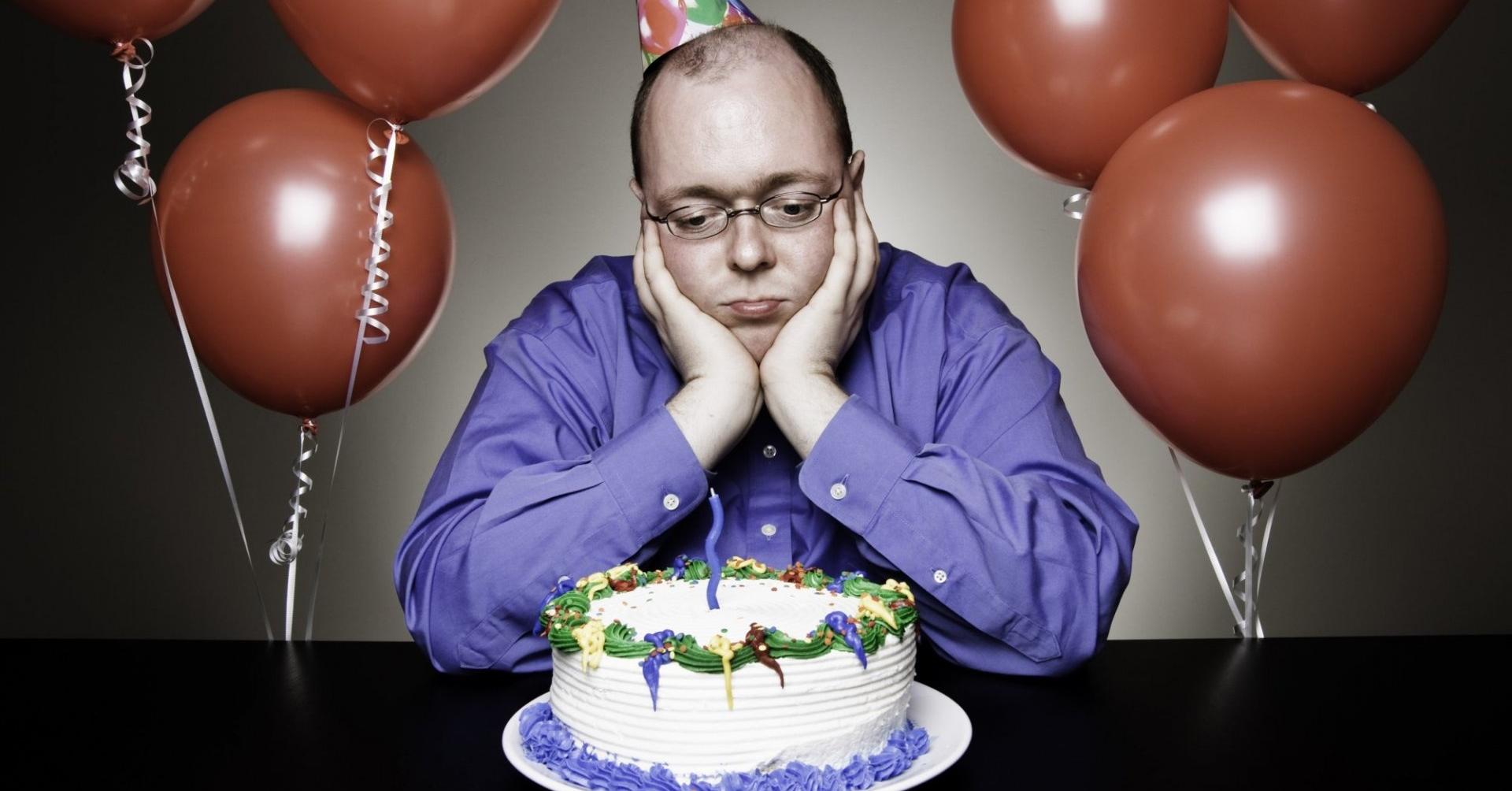Are you curious to know what is a pity party? You have come to the right place as I am going to tell you everything about a pity party in a very simple explanation. Without further discussion let’s begin to know what is a pity party?
We’ve all had moments when life seems to throw curveballs our way, and it’s entirely natural to feel sad, frustrated, or overwhelmed during tough times. However, there’s a phenomenon known as a “pity party,” and it’s something you might want to be aware of. In this blog, we’ll explore what a pity party is, why people tend to host them, and how to avoid getting caught in this cycle of self-pity.
What Is A Pity Party?
A “pity party” is a colloquial term used to describe a self-indulgent session of self-pity, where an individual dwells on their problems, real or perceived, and seeks sympathy or attention from others. During a pity party, individuals often focus on their misfortunes and may exhibit a negative, victim mentality.
Common Characteristics Of A Pity Party
- Exaggeration: Individuals may exaggerate their problems or concerns, making them seem more severe than they truly are.
- Seeking Sympathy: The primary objective of a pity party is to garner sympathy, comfort, or validation from others.
- Negative Outlook: Participants in a pity party tend to adopt a pessimistic outlook, emphasizing what’s going wrong rather than what’s going right.
- Victim Mentality: There is often a sense of being a victim of circumstances, with a belief that the world is conspiring against them.
- Blame Game: It’s common to blame others or external factors for their problems, rather than taking personal responsibility.
Why People Host Pity Parties?
- Seeking Emotional Comfort: One of the primary reasons people host pity parties is to seek emotional comfort and support from others. When individuals are feeling down, they may believe that sympathy from others will help them feel better.
- Validation of Feelings: Hosting a pity party can serve as a way for people to validate their emotions and experiences. They may want others to acknowledge that their struggles are real and significant.
- Avoiding Accountability: Pity parties can be a means of avoiding personal responsibility for one’s problems. By blaming external factors or others, individuals can evade the need to address their own role in their difficulties.
- Attention-Seeking: Some individuals may be motivated by a desire for attention. Pity parties can be a way to ensure that they are the focus of others’ concern and care.
There is more such information on popularweby.
Avoiding The Pity Party Trap
While it’s natural to experience moments of self-pity, it’s essential to recognize when you’re hosting a pity party and take steps to avoid getting caught in this negative cycle. Here are some strategies:
- Practice Self-Awareness: Pay attention to your thoughts and emotions. When you notice self-pity creeping in, take a step back and assess the situation objectively.
- Seek Perspective: Talk to a trusted friend or family member who can provide an objective perspective on your situation. They can offer support and guidance without necessarily indulging your self-pity.
- Focus on Solutions: Instead of dwelling on problems, shift your mindset toward finding solutions and taking proactive steps to address challenges.
- Gratitude: Cultivate a sense of gratitude by acknowledging the positive aspects of your life. Gratitude can help counterbalance feelings of self-pity.
- Self-Compassion: Be kind and compassionate toward yourself. Understand that it’s okay to have tough moments and that seeking help or support is a sign of strength, not weakness.
Conclusion
A pity party is a common but unproductive way to deal with challenging circumstances. While it’s okay to acknowledge your emotions and seek support when needed, it’s essential to avoid getting trapped in a cycle of self-pity. By practicing self-awareness, seeking perspective, and focusing on solutions, you can navigate difficult times with resilience and a more positive outlook.
FAQ
What Does The Saying Pity Party Mean?
an occasion when someone feels very sad because they think they are unlucky or have been treated unfairly, and then tries to get sympathy from other people: Stop the pity party and embrace your new single life.
Is It Ok To Have A Pity Party?
Allowing yourself to have an occasional pity party is just one way to deal with the feelings of loss, grief, frustration or anger that come along with hard times and difficult situations.
How Long Should A Pity Party Last?
It doesn’t win friends and influence people. So decide how long you’ll need for your party. It might be a little as five minutes, or as long as a few hours, but if you stretch it out longer it’s more of a way of life than an event. If you need to, set a timer, and when it rings, you’re DONE.
How Do You Have A Pity Party?
How To Throw Yourself a Good, Old-Fashioned Pity Party This Week
- Set a Time Limit. All parties have an end time. …
- Get Good Food. I love food, so my biggest draw to attend a party is if I know they’ll have tasty treats to fill up my belly. …
- Choose Your Favorite Entertainment. …
- Feel Your Feels. …
- Start Again. …
- Throw Your Party.
I Have Covered All The Following Queries And Topics In The Above Article
What Is A Bob Pity Party Party
What Is A Pity Party Urban Dictionary
What Is A Pity Party In Psychology
Pity Party In A Sentence
What Is Pity Party Meaning Melanie Martinez
Pity Party Meaning Synonym
Self-Pity Party Meaning
Pity Party Vs Depression
Pity Meaning
What Is A Pity Party
What does pity party mean in slang
